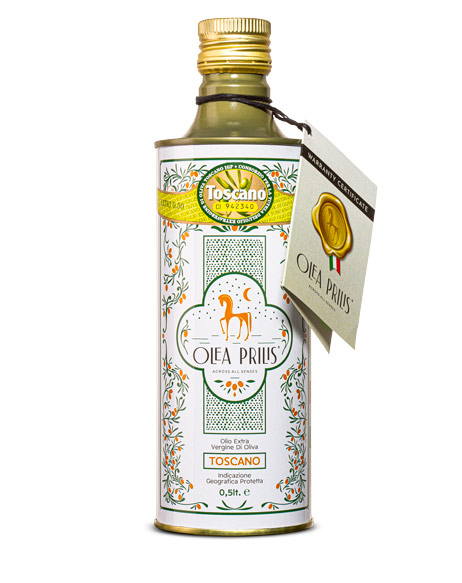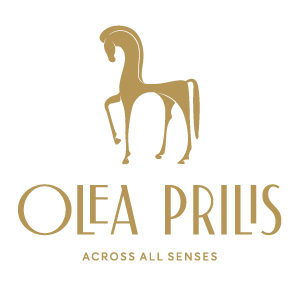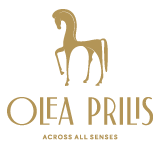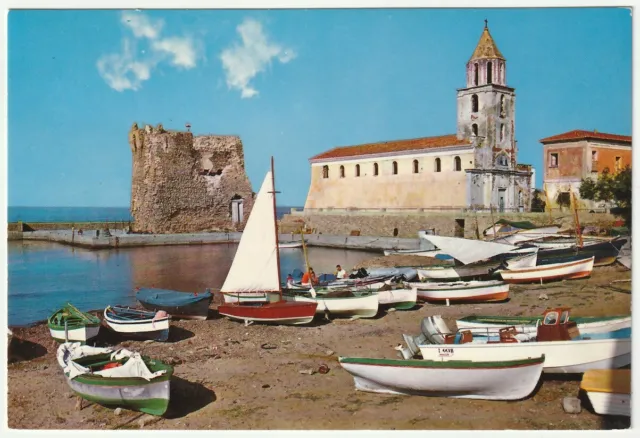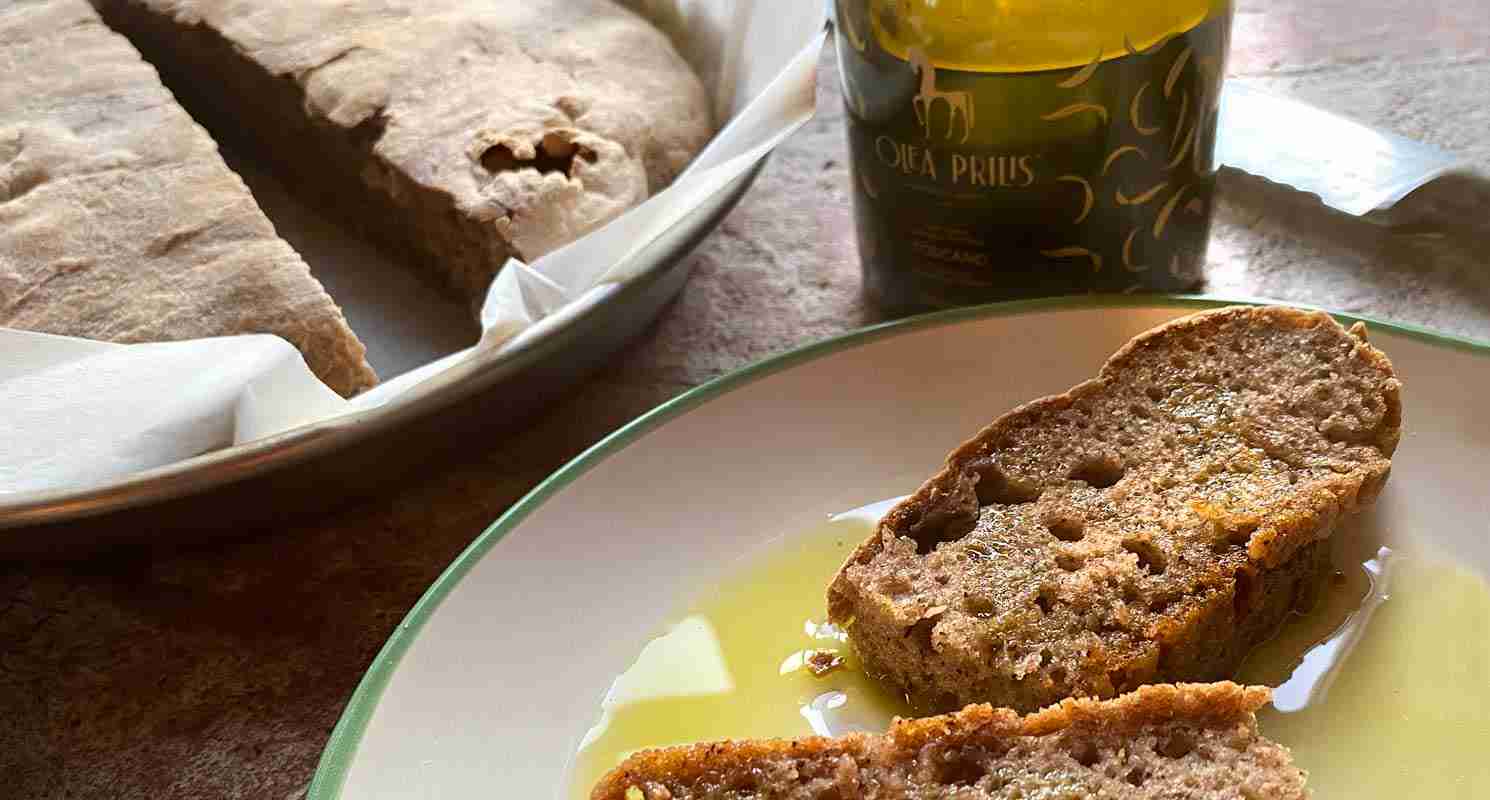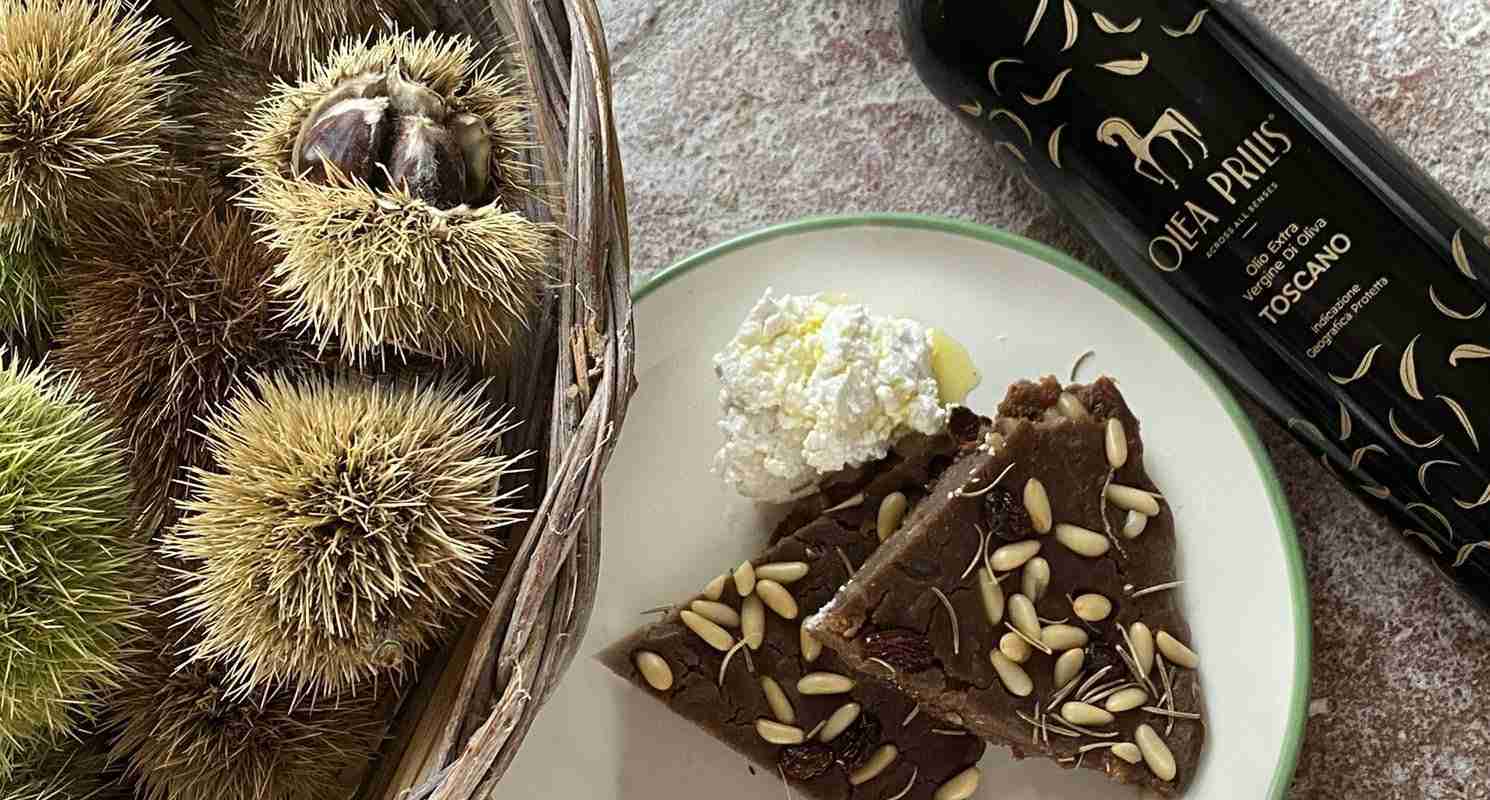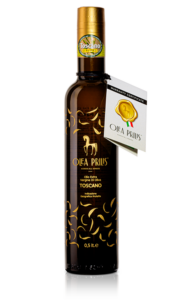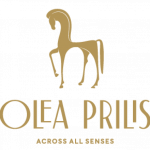“Mediterraneo”
Time to stop and Think!
Time to stop and Think!
I don’t remember the first time I saw the Mediterranean sea, I guess in 1968, as a toddler when my family returned to Italy from America, where I was born, in Mexico, travelling on board the liner Leonardo da Vinci. My first Atlantic crossing. Inexcusably I have no memories of that journey!
The Mediterranean Sea, bordered by Europe to the north, Asia to the east, and Africa to the south, is a special place for humanity. The civilizations that shaped the development of western culture, settled and flourished along its beautiful and plentiful shores, founding some of the world’s most iconic cities, that became home to astonishing civilizations, and inspiration for the following centuries, amongst them, the Greeks, Egyptians, Phoenicians, Romans, Byzantines, and the Ottoman Empire.
These civilizations laid the foundations of Western culture.
The ancient Greek city-states around the Mediterranean, such as Athens, gave birth to philosophical traditions and concepts that continue to shape western thinking. Ideas from philosophers like Socrates, Plato, and Aristotle have had a lasting impact on philosophy, ethics, and politics. – should be revisited daily by today’s lame administrators…
The Roman Empire left a legacy of law, governance, and engineering. The concepts of Roman law and governance systems influenced the development of Western legal and political systems.
Unsurprisingly this cultural crossroads of civilizations provided the backdrop for the birth of major religions, including Christianity, Islam, and Judaism. The teachings, stories, and cultural practices associated with these religions have shaped contemporary religious and moral frameworks.
The Mediterranean region, with its blue waters, sun-soaked coastlines, its picturesque islands, and miraculous diet, being a mosaic of influences from various civilizations, religions, and historical periods, grew to embody a sense of interconnectedness, a reverence for nature, and a celebration of life’s pleasures and virtues.
The last 40 years have not embraced or advanced the values and achievements of our ancestors. This is not unusual in the tides of time, and certainly it is not the first time that the overall balance of a few decades is deep in the red.
Everything human has been neglected; culture, art, food, environment, and consequently the social interactions and relationships, that allowed for the creation of complex cultures have temporarily vanished.
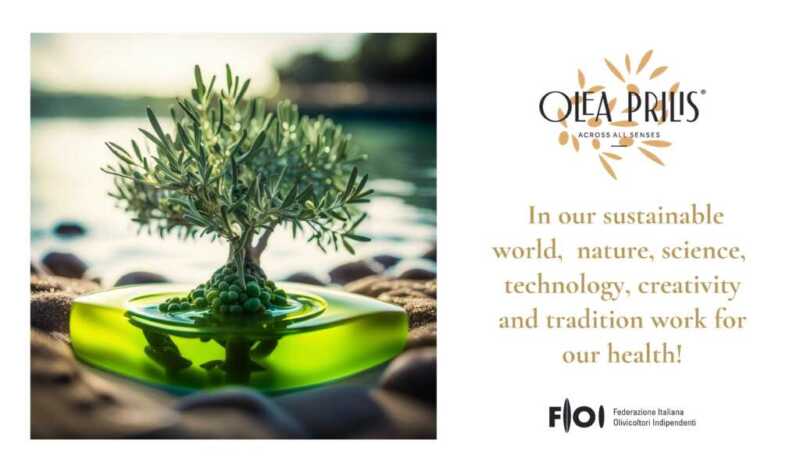
I do have a childhood image for this sea; once a year we used to travel from our home in Rome to our summer house in Acciaroli, a picturesque fisherman village on the coast of Campania south of Salerno. It was a long hot voyage in the 70’s! We drove south for hours, but always inland, we passed Naples to east, and then, somewhere, the road turned West and finally, from the high hills above Salerno we could see the sea! Summer holidays where for real!
Having spent the last couple of years thinking very hard about food, diet and lately nutrition, I started revisiting my childhood memories of that fisherman village, one of many that littered the coasts of the Mediterranean.
Like every ecotone area, it provided a rich mixture of plant and animal species from both adjoining ecosystems to construct a truly healthy diet. It really was a blue zone!
Tourism was an emerging economic activity back then, farming and fishing where the core activities, and had been so for thousands of years. The fishing fleet of the village was composed of small wooden boats, a few with engines, many just oars. The fisherman used long lines with hooks, and nets that in those days where still made with hemp and cotton wire.
Every morning the men would meet before dawn and leave the tiny harbour to go out at sea, to collect the gear that had been laid the evening before. This type of fishing, that was totally sustainable, provided abundant fish for the village, for the two restaurants, and for the odd tradesman that came to buy in order to take it inland. There where few fridges, no freezers, so fisherman only caught what could be eaten, sold on the day, or preserved with salt.
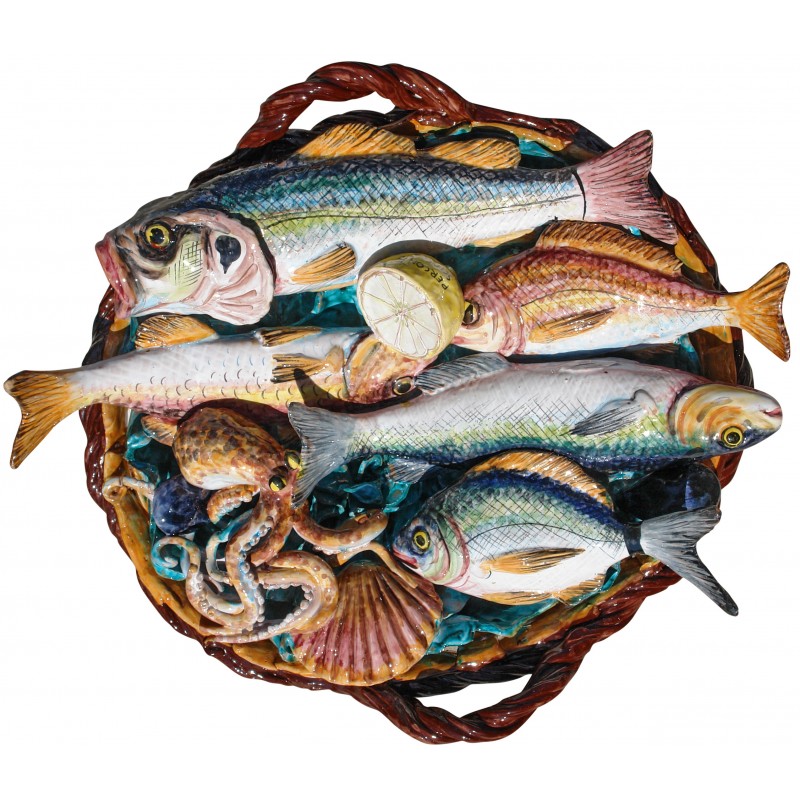
Fish was a big thing in our Mediterranean diet before the “evolution” of supply chains. Our sea was rich in migratory and resident species, if you lived in a seaside town you did not need money to eat fish, you needed skill, and every kid in the village spent his day learning and helping older fisherman.
There was a grocery store and a butcher shop, a bakery and a few stools that sold seasonal local products. Along the shores of Italy this was the status quo in most villages, I am sure it was the same in Greece, Spain and everywhere where the ethos and diet of the Mediterranean were allowed to work their wonders.
We really did not appreciate enough the positive social, cultural, and nutritional richness of the interaction between these ecosystems, human beings, their societies and their skills.
The fruit was varied and tasty, the products of local vegetable gardens, mostly cultivated by hand, where marvellous, the mix of shapes, colours, perfumes, and flavours was rivalled only by the variety of the fish in the crates of the fisherman.
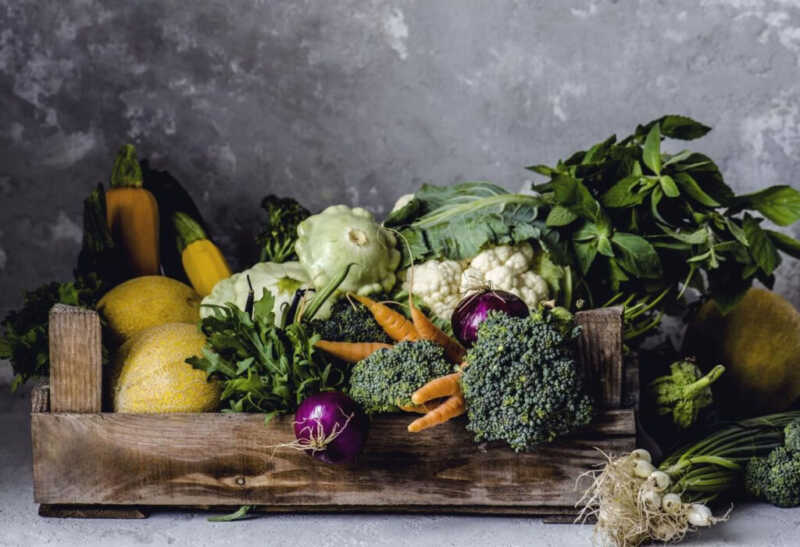
The hills facing the sea were littered with olive trees, and the occasional vineyard. I am not sure if we would like the wine and oil that was produced in those days with the rudimental technology that was available, but I know that good nutrients were made available via their consumption. The soul was happy despite many hardships.
Progress caught up with our, and all villages, supermarkets arrived, tourism became the largest source of income, the vegetable gardens became uneconomic, fruit trees abandoned, hotels littered the shores, a bigger harbour was built, fishing boats became big, skills where lost, the sea overfished.
From a nutritional perspective the intake of Omega 3 plummeted!
It is astonishing to think, that in todays western world, replicating the quality of that food, and its nutritional value has become a luxury.
And let me add that very often it is difficult to achieve that level of quality independently of one’s economic means.
Time to stop and think?
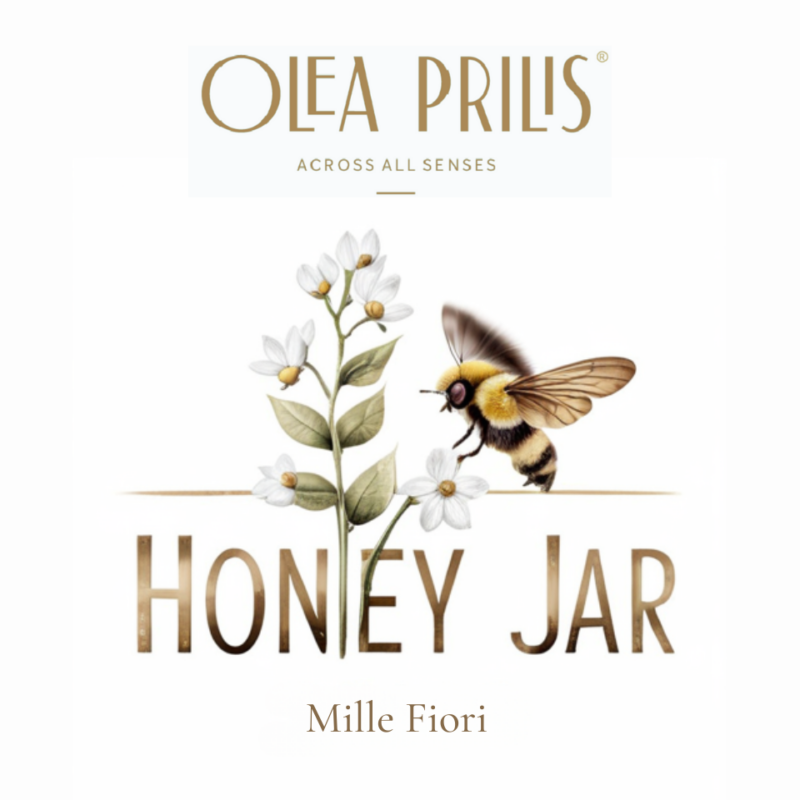
We make our products for You, and we love to tell You about them!
OUR HONEY IS ALMOST READY!
Add some beneficial biophenols to your life! Make sure that the olive oil you use for yourself and your loved ones has a content of biophenols higher than 500 mg/kg.
Oils with low content of biophenols do not provide the health benefits that olive oil is renowned for! Don’t get scammed!
Toscano Organic Olive Oil
In recycled metal tins
6×500 ml
In recycled metal tins
6×500 ml
Toscano Organic Olive Oil from the 2022 harvest.
Fresh, fruity and pungent, obtained from a blend of olives from our trees of the Frantoio, Moraiolo, Pendolino and Leccino cultivars.
Olea Prilis is an Olive Oil that expresses all the excellent sensations and nutritional virtues of the fruits of the Tuscan olive trees. Extracted using state of the art technology of the renown Mori-Tem mills. Stored in oxygen free containers for optimum preservation. Sold in elegant recycled metal tins, ideal for storage and efficient shipping.
Sold in packs of 6 pieces
From: €17.31
